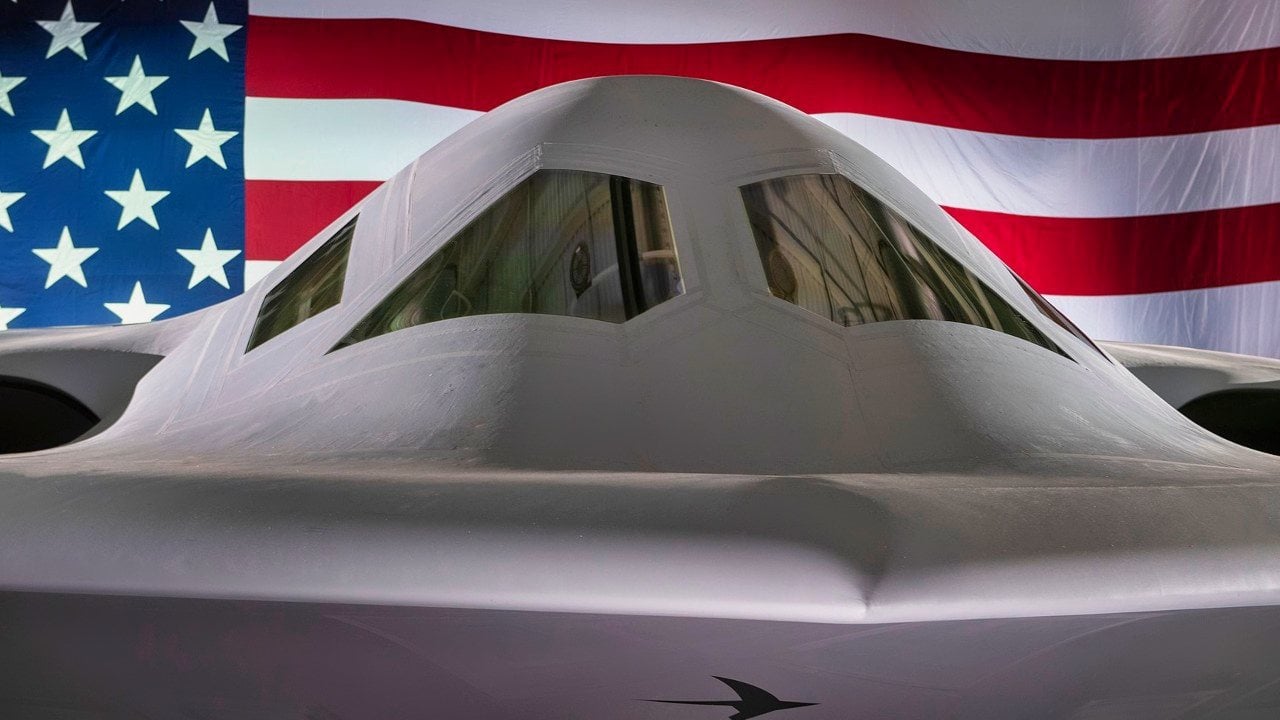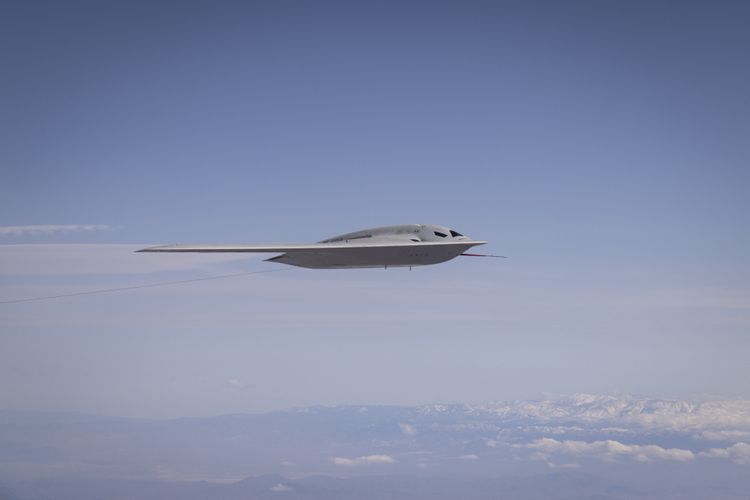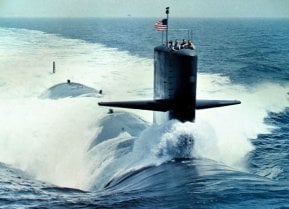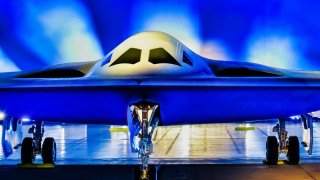What if the B-21 Raider Bomber Was Cancelled?
China's development of the H-20 next-generation bomber could challenge U.S. dominance in strategic long-range bombers. As the U.S. responds with its own next-generation B-21 Raider, Northrop Grumman is racing to complete the stealth bomber, which will feature enhanced radar evasion and modular systems for future upgrades.
What You Need to Know: China's development of the H-20 next-generation bomber could challenge U.S. dominance in strategic long-range bombers. As the U.S. responds with its own next-generation B-21 Raider, Northrop Grumman is racing to complete the stealth bomber, which will feature enhanced radar evasion and modular systems for future upgrades.

-However, concerns about budgetary constraints have sparked fears that the B-21 program might be canceled, leaving the U.S. reliant on aging bombers like the B-2, B-52, and B-1. While these legacy aircraft remain formidable, the timely introduction of the B-21 Raider is crucial to maintaining U.S. air superiority, especially as China advances.
B-21 Raider vs. China’s H-20: A Race to Shape the Future of Strategic Bombers
China is working to develop its next-generation long-range bomber. The H-20, when it arrives, could end U.S. dominance in the category.
By the end of the Second World War, the U.S. was producing a great number of airframes. In 1944, annual output was more than 96,000 units. Although most of these airframes were fighters, a substantial fleet of bombers was also introduced. Roughly 13,000 B-17 Flying Fortresses, 18,000 B-24 Liberators, 10,000 B-25 Mitchells and 4,000 B-29 Superfortresses were developed.
These numbers have dropped dramatically over time, however, and the U.S. has not developed a new bomber in more than 20 years.
As China makes progress on its H-20 bomber, U.S. engineers are racing to ensure the next-generation B-21 Raider makes it to the production line first. The Northrop Grumman stealth bomber is designed to operate as a long-range, intercontinental strategic bomber for the U.S. Air Force.
When the Raider enters service, it is expected to carry out a number of roles, including intelligence collection and battle management. Many details surrounding the new bomber remain highly classified, but Northrop has revealed some information. The Raider’s wingspan will likely be approximately 15% shorter than its predecessors, a significant advantage that will make the new aircraft more challenging for enemy radar to detect.
The B-21 will incorporate modular systems that will enable future upgrades as new technologies emerge – similar to the F-35 Lightning II fighter platform.
What if the B-21 Raider Program Is Canceled?
While the introduction of a next-generation bomber appears paramount considering China’s progress on the H-20, budgetary constraints and a smaller planned output of Raiders have some analysts worried that the program could be nixed altogether.
Without the B-21, the Air Force would have to rely on its existing, rapidly aging bombers. The service received a mere twenty-one B-2 stealth bombers following the collapse of the Cold War, less than one-sixth of the anticipated number.
This platform, although still formidable, is no longer as stealthy or capable of deep penetration operations as it was when it was first introduced to service. Seventy-six B-52 bombers also remain in service today and are expected to continue to fly until the 2050s thanks to upgrades. The Air Force also possesses a fleet of B-1 bombers, although the remaining aircraft in this series are expected to retire as the Raider is developed.

The Air Force would still possess a solid fleet of bombers if the Raider program were canceled. However, these airframes might not outmatch a next-generation Chinese stealth bomber. Beijing has yet to release much information surrounding its H-20 program, and any specs it claims right now could be exaggerations.
Nevertheless, the timely introduction of the B-21 Raider bomber should be a priority for the service and defense officials.
About the Author: Maya Carlin
Maya Carlin, National Security Writer with The National Interest, is an analyst with the Center for Security Policy and a former Anna Sobol Levy Fellow at IDC Herzliya in Israel. She has by-lines in many publications, including The National Interest, Jerusalem Post, and Times of Israel. You can follow her on Twitter: @MayaCarlin.
Image Credit: X Screenshot.


